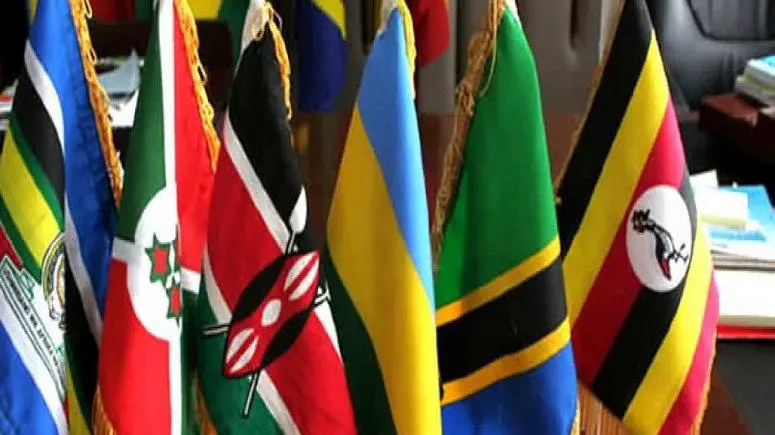EAC Partner States have begun the 2021/2022 financial year with a focus on economic recovery through industrialization and inclusive growth.
This comes at a time when the coronavirus pandemic has had adverse effects on economies across the region and worldwide.
Data by Deloitte indicates that the outbreak led to disruption in the various sectors, most notably the financial industry and the tourism and hospitality sectors.
Additional data by UNECA adds that the effect of the pandemic on growth in Eastern Africa has been heterogeneous. The organization added that the impact has been more severe for countries dependent on tourism.
Kenya’s Principal Secretary for EAC, Dr. Kevit Desai, said that the region was putting in place strategies to ensure economic recovery in all Partner States from the destructive effects of the COVID-19 pandemic.
“As a region, we have witnessed the devastation created within the economies of the Partner States, including the fall in intra-regional trade, job losses, limited mobility within the region, and loss of lives,” said the PS.
Dr. Desai said that intra-regional mobility has further been hindered by the COVID-19 mitigation measures that require travelers to have valid test certificates to travel within the region and often times subjected to double testing – before departure and upon arrival at the destination Partner State.
“The ability to travel in the region is also being hindered by the fact that it costs almost US$100 to have a COVID-19 test done, and then in some cases double testing is required upon departure and arrival within the context of OSBPs,“ added Dr. Desai.
On the priorities set forth to spur the region’s economic recovery from COVID-19, the PS disclosed that efforts will be put in place to increase the region’s manufacturing capacity from an average of 6 percent, as well as promotion of greater intra-regional trade.
“If we do a comparison with other regional economic blocs, for instance in the European Union, their intra-trade stands at 60 percent, compared to EAC’s 15 percent. This presents us an enormous potential if we are able to address issues on productivity and efficiency of all factors that facilitate intra-regional trade,” said the PS.
The Principal Secretary also said that the EAC budget for the Financial Year 2021/2022 will also prioritize Private Sector engagement by putting in place appropriate strategies to ensure the private sector takes an active and participatory role in the EAC integration agenda.
“The private sector can be involved in co-creation of wealth and in the achieving the goals set in the 6th EAC Development Strategy. We are therefore looking into ways and means in which the private sector is able to play its profound role as far as the development of the economy is concerned,” said Dr. Desai.
The participation of the private sector, the PS said, can be pegged on establishing partnerships with the public sector and embarking on development projects such as infrastructure development as well development of complementary services to develop and enhance value chains and investment.
The PS said that the EAC would continue with the development of multinational road projects linking Partner States, construction and operationalization of new prioritized One Stop Border Posts within the EAC region, construction of standard gauge railways, as well as the joining by Tanzania and Burundi to the EAC One Network Area.
On priorities for the 2021/2022 FY, the EAC will focus on 10 priority areas. These are private sector development, peace and security, health/COVID-19 response and trade development.
Others are infrastructure development, EAC digitization agenda, agriculture, nutrition, biodiversity, environment and circular economy; expansion of membership to EAC and strengthening relationships with the African Union and other regional organizations (RECS); institutional transformation including skills development, and promotion of awareness creation and dissemination of information on the Community.
Dr. Desai, who is also the Chairperson of the Coordination Committee that brings together Permanent/Principal/Under Secretaries for EAC Affairs in the Partner States, was addressing the media at the EAC Headquarters in Arusha.
